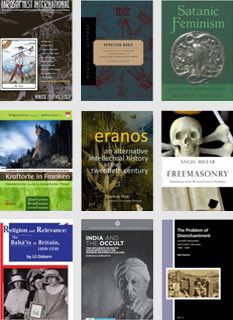Membership information
Conference and publication discouts. Learn more >>

Donate online or obtain our bank account and PayPal details. More information >>
News
![]()
© ESSWE, European Society for the Study of Western Esotericism, 2015.
Click here for banner image information.
Powered by Wild Apricot Membership Software

